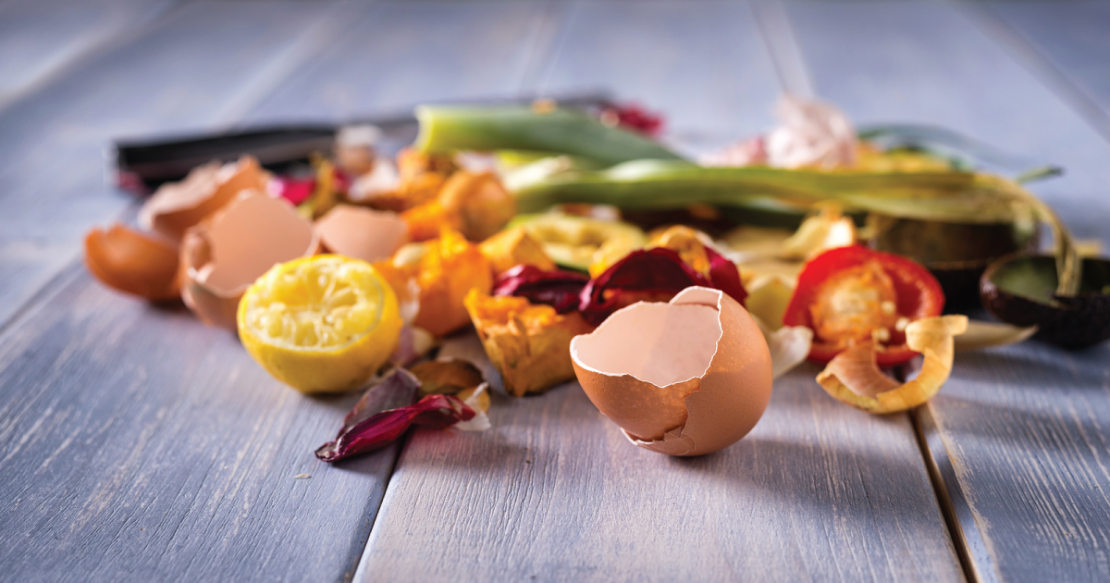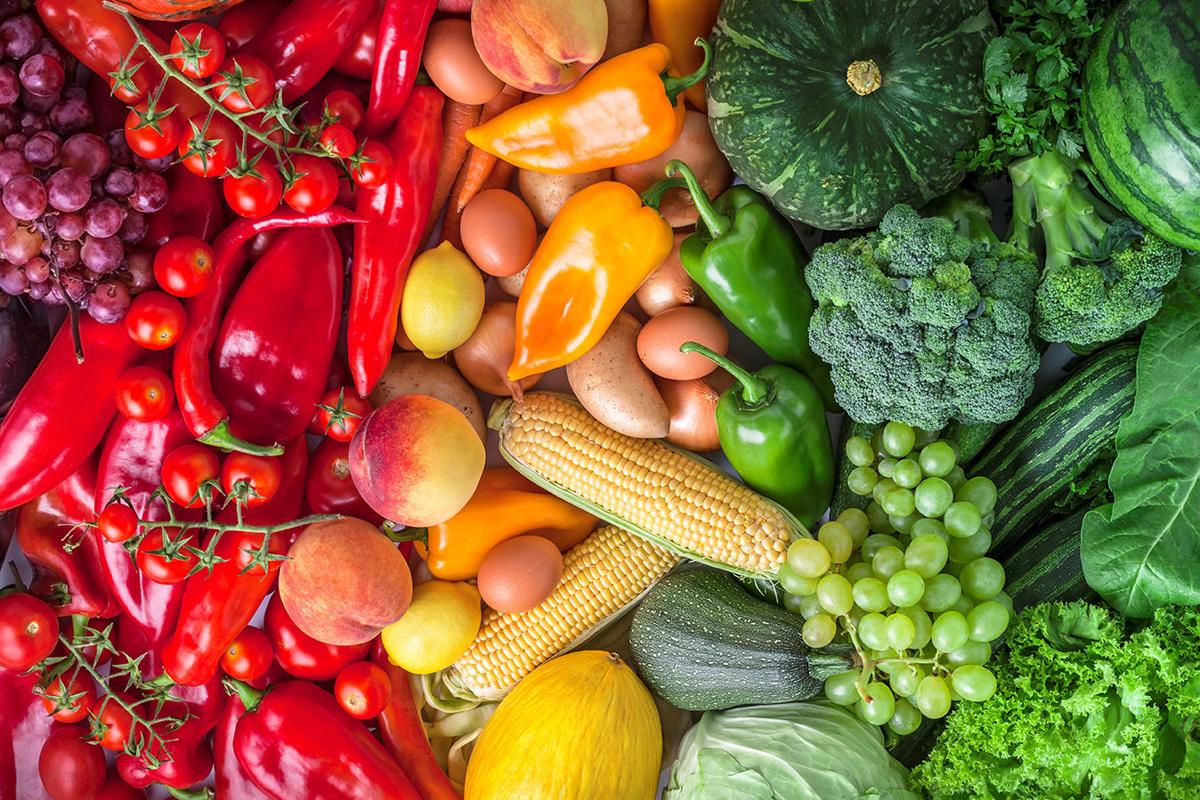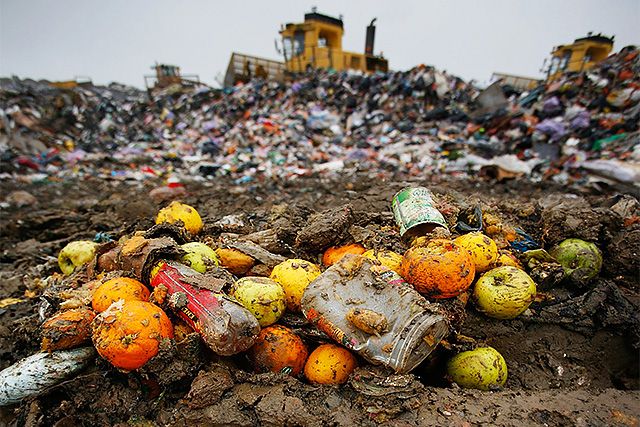
Dear Eartha, I recently joined the Food Scrap Program and it made me realize how much food I’m wasting. Is it a big deal since my leftovers end up as compost?
Nice work keeping your food scraps out of the landfill! For most people, it is normal to discard old leftovers or that expired cheese in the trash without thinking twice about where it’s headed.
However, global food waste is a big problem. Research from the Environmental Protection Agency found that Americans throw out nearly 40 million tons of food each year. That’s 80 billion pounds of food and equates to more than $161 billion down the drain. Or in the landfill where most of this wasted food ends up.
Food is the single largest component taking up space in US landfills: nationally it makes up 22 percent of municipal solid waste. And a study done last summer in Summit County found that food makes up 32 percent of our waste locally.

Why We Waste Food
With so many individuals lacking access to affordable and healthy food, it’s mind-boggling to think of all that waste. Food spoilage, whether real or perceived, is one of the biggest reasons people throw out food. More than 80 percent of Americans discard perfectly good, consumable food simply because they misunderstand expiration labels.
The Grocery Manufacturers Association, the Food Marketing Institute, and Harvard University have combined efforts to streamline expiration labels about the quality and safety of food. Two phrases simplify how you can tell what’s still good to consume:
“Best if used by” describes quality where the product may not taste or perform as expected but is safe to consume.
“Use by” applies to the few products that are highly perishable and/or have food safety concerns over time.
In the US, food is cheaper and more plentiful than in other parts of the world. The result? We don’t value food in the same way, and that generates more waste. We are also impulsive in our food purchases, unrealistically assessing how much food is required. As a result, Americans buy more food than we need.
We also underutilize leftovers and toss food scraps that can still be consumed or composted. But, composting isn’t part of our mass culture, and instead, we increase the size of US landfills.

Negative Impacts of Food Waste
Food waste contributes to climate change: it wastes the energy required to produce it and it generates greenhouse gases like methane and carbon dioxide, which contribute to our warming planet. Food that sits in landfills also produces nitrogen pollution, which causes algae blooms and dead zones further impacting future food production and threatening the biodiversity of ecosystems. That means less available food for a growing population.
Let’s go back to that 40 million tons of wasted food. The United States Department of Agriculture estimates that the water used to produce it accounts for 25 percent of the country’s water use. Throwing food away is like leaving the tap running – and with 97 percent of Colorado experiencing drought or abnormally dry conditions, that’s the last thing we need.
Solutions to Eliminate Food Waste
Lucky for us, it’s easy to reduce food waste in your home. You may start to recognize areas outside your home – office, school, or church – that could use this advice as well.
Plan your meals and shopping lists – When you do your homework before going to the store, you’ll only buy what you need. This saves you money and keeps food from going bad in the fridge.
Buy local when possible – Reduce the carbon footprint of your food and support small-scale local farmers. The Colorado Proud label makes it easy to identify veggies and other items produced right here in the Centennial State.
Pay attention to expiration labels – Keep an eye on when food is close to expiring in your fridge. Get creative with ingredients before they go bad or freeze items that can be used at a later time.
Embrace imperfect produce – Don’t shy away from the odd-looking carrot or tomato, they will taste just as good as the last.
Recycle your food scraps – Here in Summit County, you can sign up for the FREE Food Scrap Recycling Program at HighCountryConservationCenter.org.
You’ve already taken your first step by keeping your food waste out of the landfill. Now, continue your journey and work to reduce your food waste in the first place.
